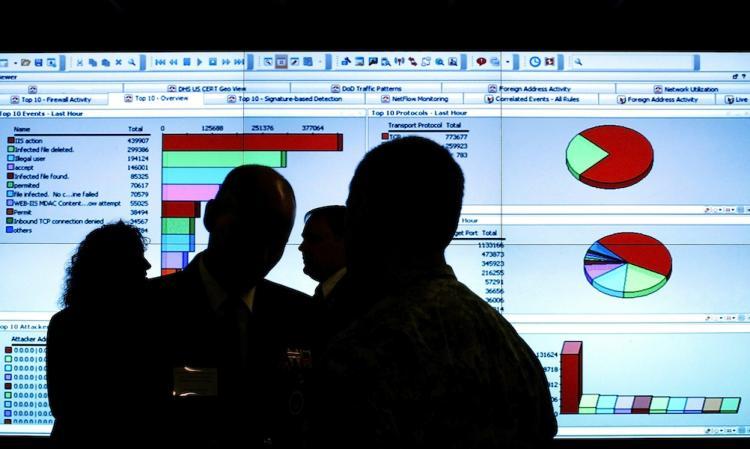Lawmakers on the Cyberspace Solarium Commission advised the members of the House Oversight and Government Reform Committee to reinstate the national cybersecurity coordinator position by passing H.R. 7331, the National Cyber Director Act.
This role was filled beginning with George W. Bush’s presidency, until former national security adviser John Bolton eliminated the position in 2018 as part of an effort to reduce the federal bureaucracy.





